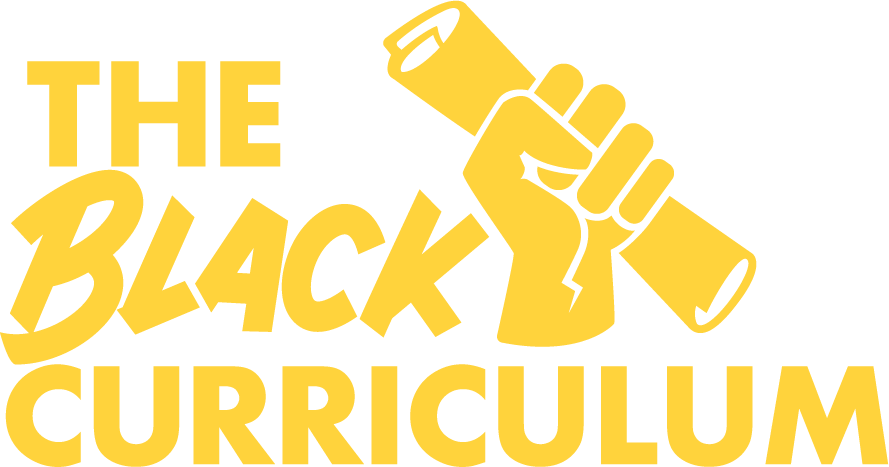
Policy, Research & Evaluation
Our policy, research and advocacy work aim to shape national, local and school policies and practices on the teaching of Black British history. We aim to work towards supporting and advocating for the teaching of Black British history in the national curriculum, using evidence from our research and policy work, and by partnering with policymakers, schools, education leaders, research organisations, Foundations and businesses.
Our Mission and Goals drives our policy, research and advocacy work. We commission research to inform our policy and advocacy work and vice versa whilst monitoring and evaluation is used as a tool for learning and informs all the work that we do. The diagram below explains the relationship between our Mission and Goals and our policy, research and evaluation work.
We welcome partnership opportunities with research organisations that have similar interests, and with other partners who would like to support our work in this area. Contact Elizabeth Kwaw at elizabeth@theblackcurriculum.com for more information.
Recent News
The Black Curriculum (TBC) has set up a new Working Group. The Working Group will follow the Department for Education's work on the Model History Curriculum and will support TBC's policy work. Read more about the work of the Working Group here.
Our Reports
-

Impact Report 2021
This report highlights the The Black Curriculum’s key achievements from the past financial year, including our work with teachers and senior leaders across the UK, it’s impact on the lives of young people, and the success of key partnerships in driving our goal to make Black British history accessible, accurate and embedded within the national curriculum.
-

Research Review 2021
This report explores how the current History National Curriculum systematically omits the contribution of Black British history in favour of a dominant White, Eurocentric curriculum, one that fails to reflect our multi-ethnic and broadly diverse society. During this particularly factious time within our societal history, there is an integral need for a curriculum that redefines conceptions of ‘Britishness’. This redefined curriculum must align to our values and identities, and be integral towards developing an inclusive classroom that establishes belonging and connectedness in its broadest sense.
-

Conversations with Young People
The Black Curriculum ran a series of ‘Conversations with Young People’ throughout October’s Black History Month, to explore young people’s understanding of colonialism. We visited and had valuable participation from four diverse schools, which included one Independent, one Primary, one Secondary and a Special Education Needs school.

